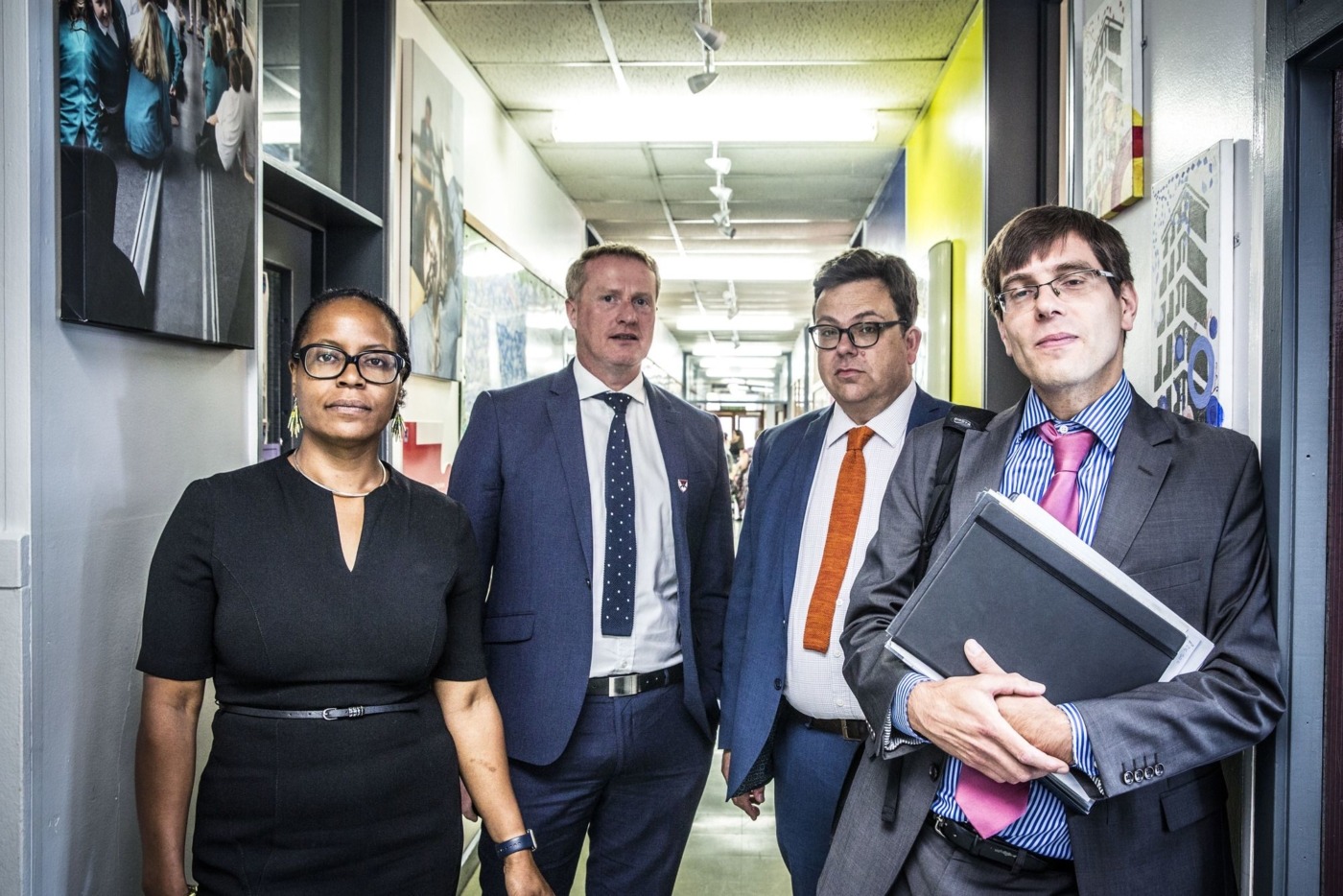BBC documentary shows an education system in crisis
While BBC’s School doesn’t have quite as snappy a name as Educating Yorkshire, it follows much the similar pattern; cameras follow students and teachers at school and at home as they grapple with the challenges of an education system that is chronically short of both money and teaching staff. However, for me this series is slightly more relatable, as I went to school at both Marlwood and Castle, two secondary schools that are part of the Castle Schools Education Trust featured in the series.
The underlying theme across both episodes so far is that the education system is in crisis
The first episode focusing on Marlwood, which aired last Tuesday, follows a reliable if slightly tired routine. We are treated to an aerial shot of the school, followed by generic clips of students walking down corridors. A voice over promises us a unique insight into the lives of students over the course of an academic year. The headteacher, James Pope, gives us a mildly inspiring story of always wanting to be a head teacher. We are introduced to some problem pupils on the brink of permanent expulsion from the school, and are left wondering whether or not they will work together with the school to solve their problems and behave better. It does not take a media studies degree to work out that by the end of the episode they will have agreed to stop misbehaving in order to remain at the school (asked why he wanted to stay at Marlwood after being excluded for some time, one of the pupils replies “it’s so boring at home”).
The underlying theme across both episodes so far is that the education system is in crisis. We are shown several meetings and interviews where both Pope and the Chief Executive of CSET, Will Roberts, bemoan how little money there is, and how Marlwood will need to gain a significant number of Year 7 appplications in order to stay afloat. As a school currently placed in special measures, and with chronic financial problems, it will come as no surprise to the viewer that first choice applications were down by almost 50% on the year before. A lack of teaching staff is also a problem; we are told in the episode that a surprisingly high proportion of teachers have left the school, and based on the fact that I recognised most of the faces of teachers shown, the school is having trouble replacing them.
The rest of the time is spent complaining about money, pupil and staff numbers
However, these are not new problems. In my final year of sixth form at Marlwood, one of my History teachers left and was not replaced, leaving the school with only two qualified History teachers, only one of whom was capable of teaching A-Level students. While he tried very hard, and his skill at teaching is one of the reasons that I have such a passion for History today, he was snowed under with work. My A-Level class spent one lesson marking Year 9 exams on his behalf, because it would have been physically impossible for him to mark them all in the time that he had available. Marlwood’s money problem was also beginning to show, although the school did find a large sum to renovate the front of the building facing the road. While the green façade does look very fetching in a low angle shot of the flagpoles at the front of the school, I cannot help but wonder if the money might have been better spent elsewhere. Indeed, we have to ask whether the presumably considerable salary paid to Roberts is worth it. In the second episode, the only constructive work we are shown is him moving a teacher to Marlwood to help tackle poor attendance; the rest of the time is spent complaining about money, pupil and staff numbers. This leaves Pope seeming somewhat isolated, and a scene where a problem pupil refuses to do as he asks, leaving him a little flustered, gives the viewer with the impression that he is struggling to keep his head above water.
Yet, when asked if Marlwood is in a downward spiral, Pope replies that it absolutely is not. The episode ends as predicted on a positive note; attendance is up, and both the problem pupils focused on over the course of the episode are improving. While the show paints a somewhat predictable, but nonetheless intriguing picture of a school struggling on all fronts, the message is that there is hope for Marlwood yet.

Comments